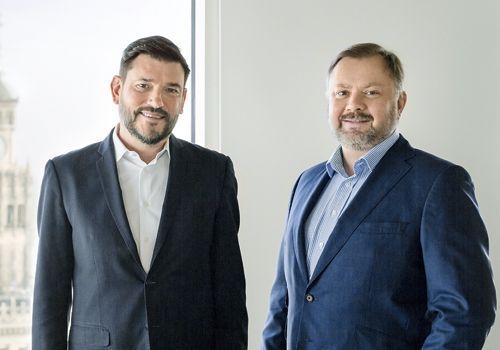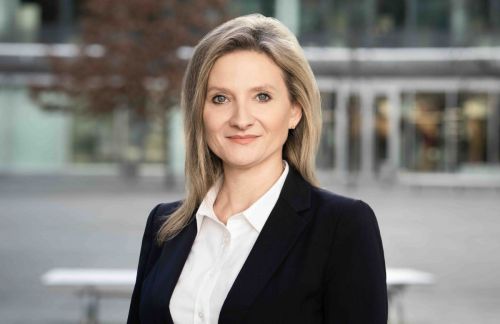Anna Pakulniewicz, ‘Eurobuild CEE’: As far as I know, the market was expecting your merger?
James Turner, non-executive chairman, BSC Real Estate Advisors: It became evident that there was something that we needed to do: to focus on the two parts of the business separately, and so we came to the decision to demerger our services arm and run it separately – this was the best thing to do. Our clients were telling us to do this. And we were getting more requests from international investors that wanted to do some leasing with us, project services, property management – and that’s all. But they didn’t want asset management…
So whose idea was this?
JT: The demerger of Balmain’s services from the asset/investment management business was my idea. Jason and I have been long term professionals, friends and colleagues for many, many years, and we started discussing the growth of his business and the directions he wanted to take it in. Ther

























































